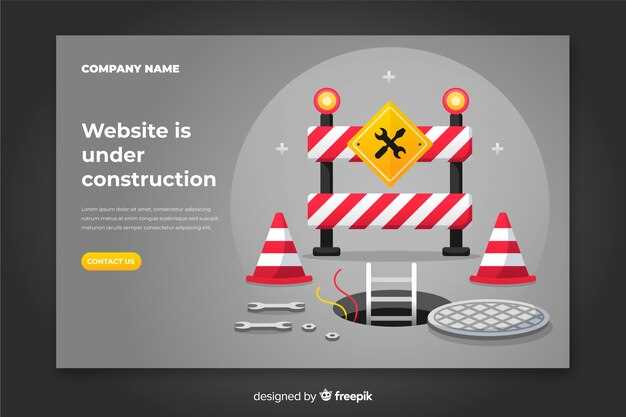
Signs Your Braking System Needs an Upgrade
- George Harris
- 0
- Posted on

Your vehicle’s braking system is one of its most critical components, ensuring your safety on the road. Ignoring any signs of wear or malfunction can lead to serious accidents or costly repairs. Therefore, recognizing the indicators that your braking system needs an urgent upgrade is essential for every driver.
Many factors contribute to the degradation of braking performance, from everyday wear and tear to more severe issues like fluid leaks or component failures. Understanding the symptoms of a failing braking system can help you make informed decisions and avoid dangerous situations.
In this article, we will explore the key signs that indicate your braking system may require immediate attention. Whether it’s unusual noises, a soft brake pedal, or warning lights on your dashboard, being proactive about these symptoms can safeguard not only your vehicle but also your life and the lives of others on the road.
Unusual Noises While Braking

Experiencing unusual noises while braking can be a clear indicator that your braking system requires immediate attention. Common sounds include squeaking, grinding, or clicking. Each of these noises can signify different issues within the brake components.
Squeaking can often arise from worn-out brake pads. As the friction material degrades, it may wear down to a metallic base that produces a high-pitched sound when it contacts the rotor. This sound serves as an early warning, indicating that the brake pads may need to be replaced soon to avoid greater damage.
Grinding noises typically signify that the brake pads have completely worn down, resulting in metal-on-metal contact. This situation can severely damage the rotors and compromise your safety. If you hear grinding when applying the brakes, it is crucial to have your vehicle inspected immediately.
Clicking or popping noises could be associated with loose or damaged hardware within the braking system. These sounds may suggest that components like calipers or brake lines are not functioning properly. Ignoring these sounds can lead to more significant system failures or accidents.
Overall, if you notice any unusual sounds while braking, it is essential to have your vehicle checked by a qualified mechanic. Prompt action can prevent costly repairs and ensure your safety on the road.
Decrease in Brake Responsiveness

A significant decrease in brake responsiveness can signal that your braking system requires immediate attention. When you notice a delayed reaction time between pressing the brake pedal and the vehicle’s deceleration, this is a critical warning sign. Such a delay can stem from various issues, including worn brake pads, air in the brake lines, or a malfunctioning master cylinder.
In scenarios where your brakes feel spongy or less firm than usual, this may also indicate the presence of air bubbles or fluid leaks within the hydraulic system. This condition undermines the efficiency of your brakes, impacting your ability to stop promptly, especially in emergency situations.
Additionally, if your vehicle takes longer to come to a stop than it normally does, it may suggest that the brake components are degraded or that the brake fluid is contaminated. Regular inspections and maintenance of the braking system are essential to prevent such issues from escalating. Ignoring a decline in responsiveness can lead to dangerous, potentially life-threatening situations on the road.
Dashboard Warning Lights Related to Brakes
Dashboard warning lights serve as critical indicators of your vehicle’s braking system health. Recognizing these symbols can prevent accidents and extend the life of your brakes. The most common warning lights related to brakes include the brake warning light, anti-lock braking system (ABS) light, and traction control light.
The brake warning light typically illuminates when there is a problem with the braking system. This can indicate low brake fluid levels, an issue with the brake pads, or that the parking brake is still engaged. If this light comes on, it’s crucial to address it immediately.
The ABS light indicates a malfunction within the anti-lock braking system. This feature prevents wheel lock-up during hard braking, enhancing control. When the ABS light is on, it means the system is disabled, but regular brakes will still function. However, drivers should seek professional inspection to ensure maximum safety.
Additionally, the traction control light may activate during slippery conditions or when the system is actively managing wheel spin. If this light remains on, it can suggest a problem with the traction control system or related components, such as tires or brakes. A thorough vehicle check is recommended in such cases.
Being vigilant about these warning lights is vital for your safety and vehicle performance. Ignoring them can lead to more severe issues, increasing repair costs and compromising your safety on the road.
